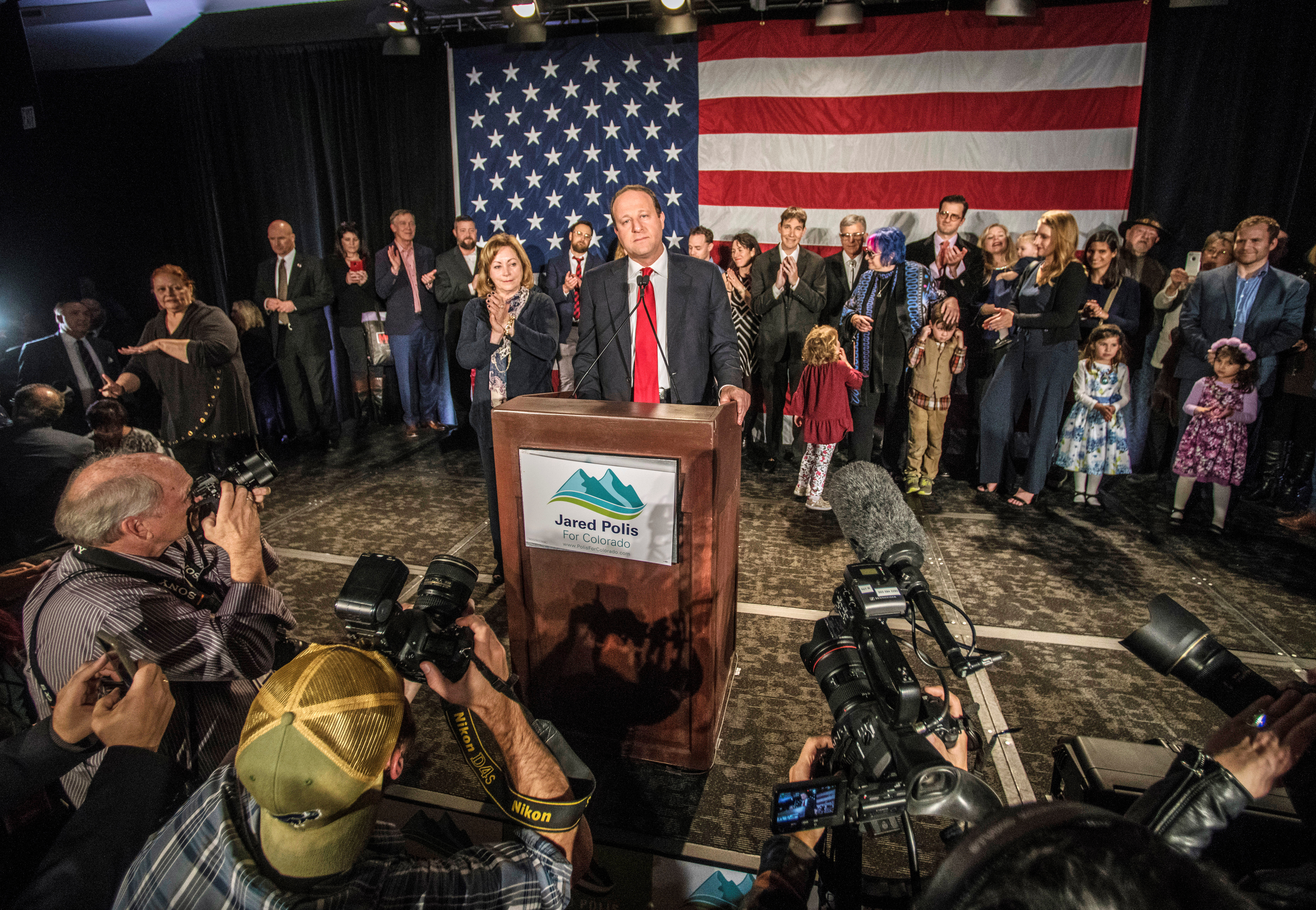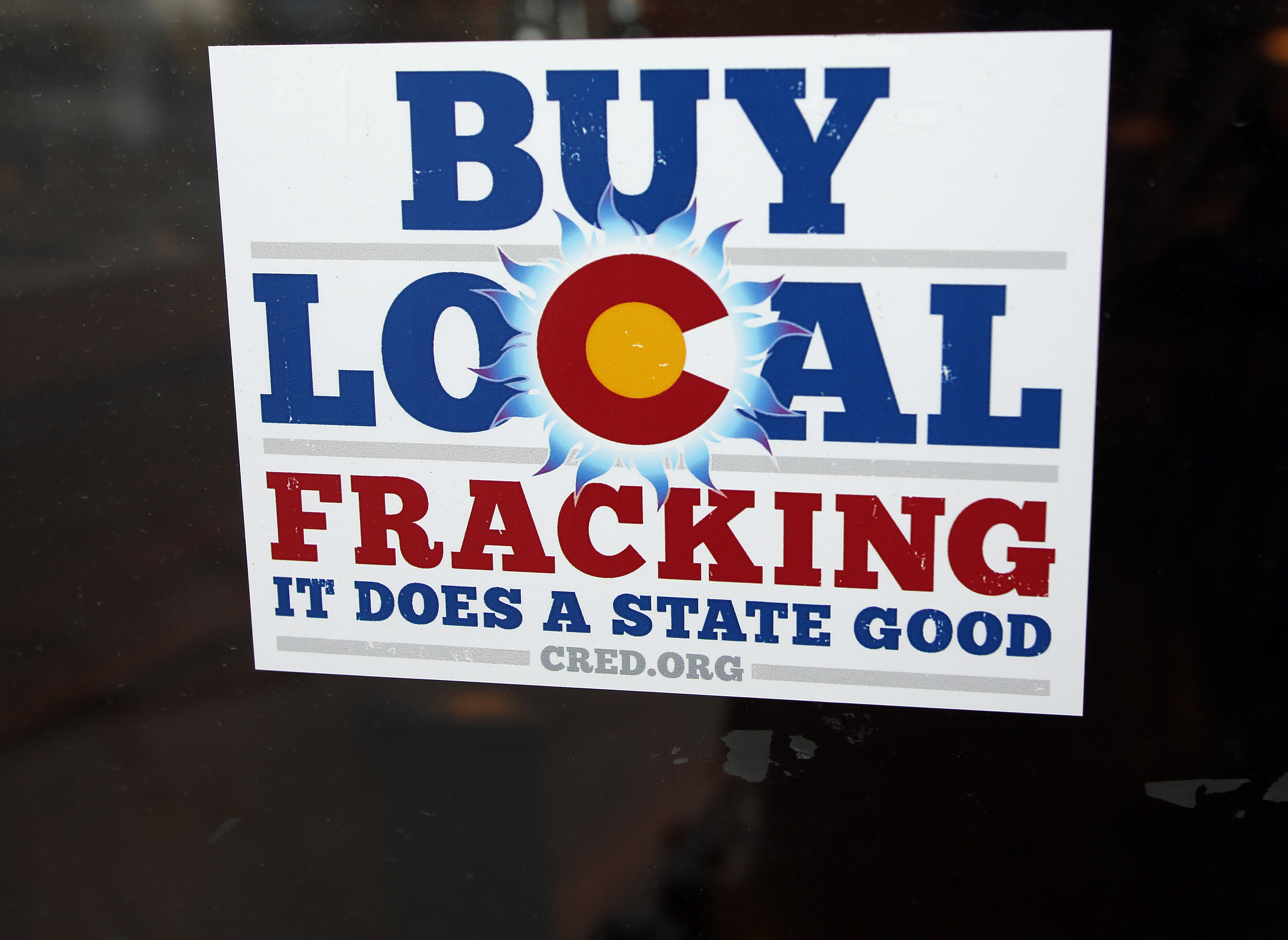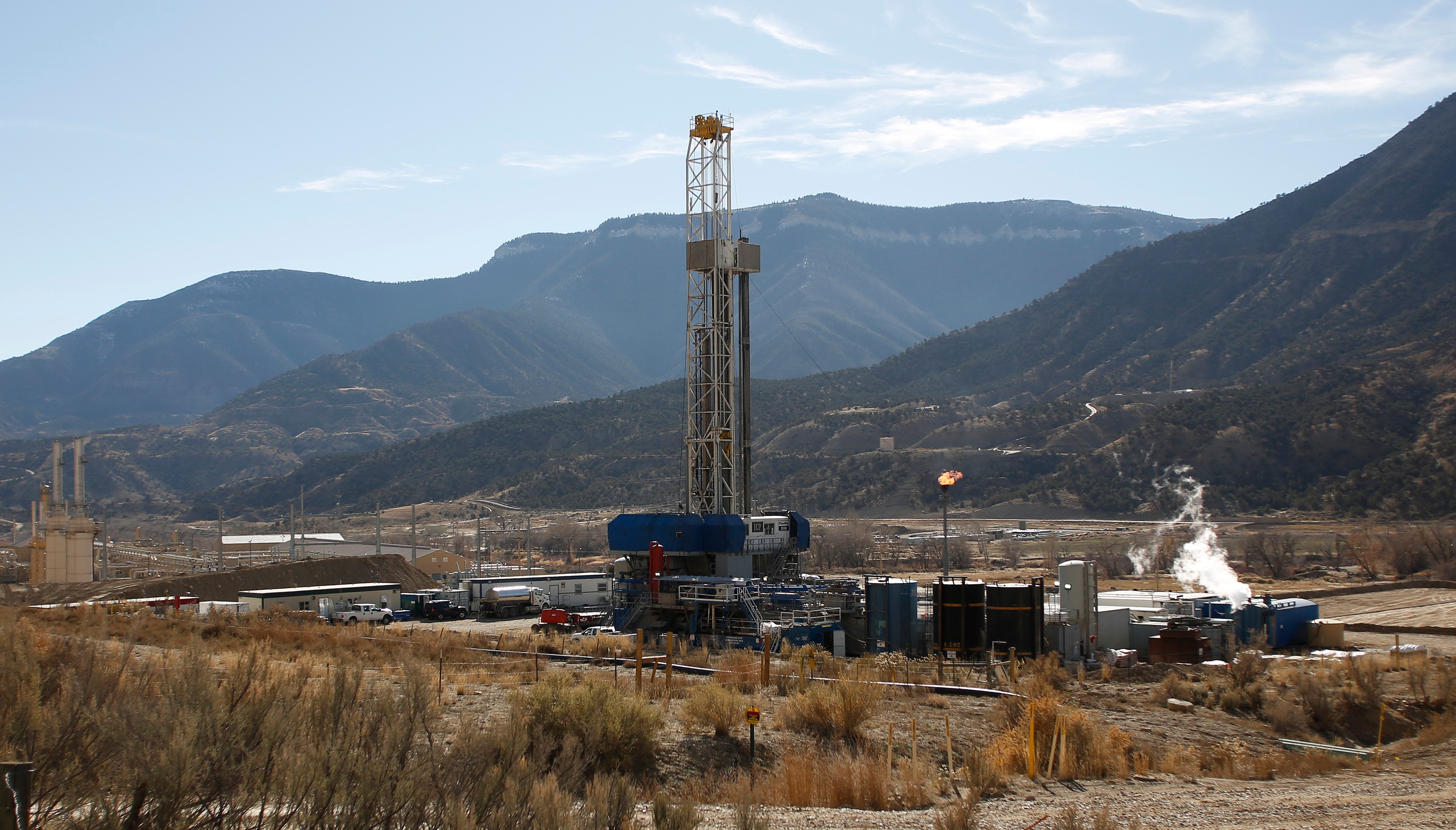Gov Jared Polis Broke The Law To Bring Colorado Out Of Compliance With EPA Air Rules, Lawsuit Claims
- A pro-industry group filed suit against Colorado Gov. Jared Polis’s administration over federal ozone regulations.
- Polis’s administration has taken actions that will result in large swaths of Colorado falling even more out of compliance with EPA regulations, it claims.
- Defend Colorado said Colorado officials are ignoring the best-available science in subjecting the state to more regulations.
The lawsuit, filed by the pro-industry group Defend Colorado, is asking the Denver County district court to rule the Colorado Air Quality Control Commission violated the law by refusing to consider the group’s petitions to include ozone pollution resulting from international sources and “exceptional events” in its May filing with federal regulators.
Failure to do so, the group argues, will take the Denver basin’s non-compliance with EPA regulations from “moderate” to “severe,” triggering more actions to reduce ozone. Those regulations could hurt Colorado’s boom oil and natural gas industry, petitioners worry.
“Such a downgrade would deprive Colorado of the flexibility to improve its air quality based on the unique conditions in Colorado and the priorities of Coloradans,” reads Defend Colorado’s complaint. Defend Colorado also asked the court to rule Polis’s actions to violate the state constitution. The group filed suit Tuesday evening.
The suit accuses Polis of “improperly influencing the Commission’s decision to deny Defend Colorado’s Petition” and “unilaterally and improperly withdrawing Colorado’s extension request to EPA,” according to a copy of the complaint obtained by The Daily Caller News Foundation.

Democratic
gubernatorial candidate Jared Polis speaks at his midterm election
night party in Denver, Colorado U.S. November 6, 2018. REUTERS/Evan
Semon.
An EPA compliance downgrade would mean “stricter permitting requirements for new and existing businesses, stricter air emission control technologies for those businesses, stricter transportation requirements, and stricter monitoring requirements for air quality,” Defend Colorado wrote.
Polis, a Democrat who became governor in 2019, has aggressively moved to implement his environmental agenda, including issuing executive orders and championing legislation to upend how the state permits oil and natural gas wells.
Polis also issued an executive order asking regulators to craft “zero emissions” vehicle standards. The order requires one of every 10 cars sold in the state to be electric by 2025, which the governor said would improve air quality and address global warming.
“And that’s a point that we want to reinforce that electrifying vehicles leads to cleaner air today, as well as saving consumers money,” Polis said after signing the order in January.
Former Gov. John Hickenlooper’s administration asked the EPA for more time to comply with 2008 ozone regulations. State officials said they needed more time to account for out-of-state emissions and “exceptional events,” like wildfires, which account for “the large majority of ozone concentrations” in Colorado.
EPA proposed to grant Colorado’s request in November 2018. Hickenlooper since entered the Democratic presidential race for 2020.

A sign supporting fracking on the doorway at Mama’s Restaurant in Parachute, Colorado, December 10, 2014. REUTERS/Jim Urquhart.
However, Polis told the air quality commission to halt the process, and he wrote EPA in March to withdraw the compliance extension asked for by Hickenlooper’s administration. That means the Denver basin, which includes the oil-producing Weld County, will likely be pushed further out of compliance with ozone standards.
“We can’t use pollution from China as an excuse not to improve our air quality here in Colorado,” Polis said in March.
Defend Colorado petitioned the state air quality commission for hearings to include emissions out of the state’s control, like those from the Chinese industry or California wildfires. They were denied and have filed suit.
“Colorado will be subject to mandatory increased federal regulatory oversight and more stringent permitting and other compliance requirements,” the group wrote in its complaint. Defend Colorado said “emissions from international sources and exceptional events contribute significantly to air pollution generally, and ozone concentrations in particular, in Colorado.”

A WPX Energy natural gas drilling rig north of Parachute, Colorado, December 9, 2014. Reuters/Jim Urquhart.
Defend Colorado said it’s a coalition of businesses and industry groups, including those subject air quality regulations. The group, however, did not exactly specify what companies or groups make up its membership.
EPA did not comment on Polis’s actions, but the agency said it was committed to working with the states to bring regulatory relief.
“EPA acknowledges background and international air pollution contribute significantly to air quality issues under increasingly stringent standards, and the Agency is committed to maximize flexibility for Clean Air Act tools for regulatory relief,” spokesman Michael Abboud said in an email.
“EPA projects that the vast majority of areas in the United States will attain both the 2008 and 2015 ozone standards by the early 2020s,” Abboud said.
Polis’s office did not immediately respond to a request for comment.

No comments:
Post a Comment